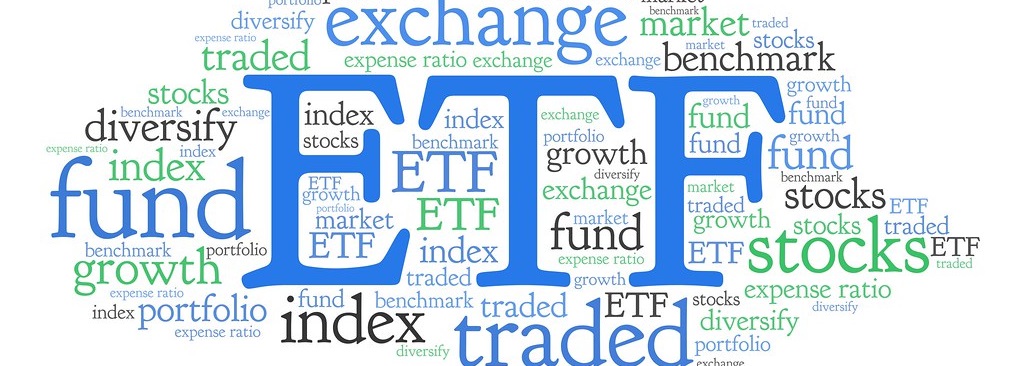Data shows that index ETFs are among the most popular ETFs on the Vested platform. Before we dig deeper into index ETFs, we will understand what ETFs are. ETF stands for exchange-traded fund. Like a mutual fund, an ETF is a collection of many stocks/ bonds traded under one fund. However, unlike mutual funds, ETFs are traded on the US stock exchanges with real-time pricing. In this blog, we will discuss five things to know about index ETFs.
1. They track a benchmark index
As the name suggests, index ETFs are designed to track the performance of an underlying index. An index can track the overall market such as the Nasdaq-100 or S&P 500 or a more specific subset of the overall market like large-cap stocks or small-cap stocks. There are also indexes composed of bonds, currencies, or commodities. The idea of an ETF is to replicate the index’s return, less the fees. For example, the Invesco QQQ ETF tracks the Nasdaq-100 index.
2. They offer diversification
Let us say you want to invest in the 100 stocks in the Nasdaq-100 to build a diversified portfolio. Buying each stock separately would be a cumbersome and cost-intensive process. Instead, you can invest in the Invesco QQQ ETF that tracks the Nasdaq-100. By investing in this ETF you can access the Nasdaq’s 100 largest non-financial companies via a single investment.
3. They usually have some level of tracking error
Ideally, ETFs should track an index perfectly. But in reality that does not happen and there is a level of tracking error which refers to the difference between the actual return of the ETF and the return of the underlying index. As on 15 July 2022, the Invesco QQQ ETF had a tracking error of -0.14%.
4. They have low fees
Since they are passively managed, index ETFs have lower expenses ratios when compared to mutual funds and actively managed ETFs. This is because, for index ETFs, the portfolio turnover and research cost are both minimal. For example, the Vanguard S&P 500 ETF has an expense ratio of 0.03%. Low expense ratios make index ETFs suitable for long-term investors.
5. They are subject to capital gains tax
Like any other ETFs, your investments in US index ETFs will be subject to capital gains tax. If you hold your investments for less than 36 months, it is classified as short-term capital gains, and you are taxed according to your tax slab. If you hold your investment for 36 months or more, it is classified as long-term capital gains, and you are taxed at 20% with indexation benefits. Dividends are taxed at a flat rate of 25% in the US. The tax paid is made available as foreign tax credit and can be used to offset your tax payable in India.
As mentioned, Index ETFs let you diversify your portfolio in a cost-efficient manner and could be a good investment for the long term. However, it is recommended that you plan your investments after consulting your financial advisor.

